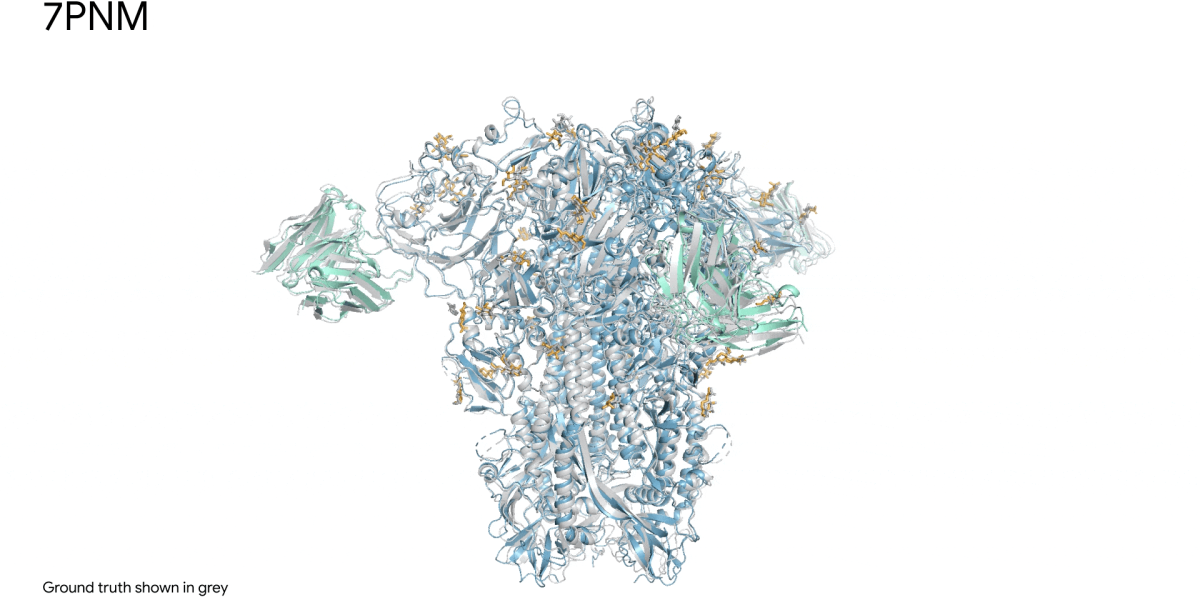Warren Buffett Is Betting Big On Japan, Increases Stakes In Five Trading Firms

(Photo by Daniel Zuchnik/WireImage)
Key takeaways
- Legendary investor Warren Buffett’s company Berkshire Hathaway has increased its stake in five Japanese trading firms to 8.5%, with more increases possible
- The five companies saw gains on the Nikkei between 3.5% and 1%
- The Japanese economy has seen a reversal of fortunes in 2023 after decades of stagnation
Old-school investor and Berkshire Hathaway CEO, Warren Buffett, is known for his legendary plays – and now he has his sights set firmly on Japan. The Oracle of Omaha has increased Berkshire’s stakes in five trading firms with a view to holding the shares for the long term.
His attention on the East has sparked investor interest in the West, thanks to a perfect storm of geopolitical and corporate governance reforms making the Japanese stock market one of the global top performers this year. The rally shows no signs of slowing, marking a significant change in fortunes for the ailing Japanese economy. We’ve got the details below.
Warren Buffett has seen phenomenal success with his investing strategy of ‘slow and steady’. Invest using Buffett’s method of finding value assets with Q.ai’s Value Vault Kit, which holds a mix of U.S. companies with low relative valuations and strong balance sheets.
The secret ingredient is an AI algorithm that assesses the weekly data to predict which stocks might perform the best. It then dynamically adjusts your investment in the Kit’s holdings to help ensure you’re catching the upside as often as possible.
MORE FROMFORBES ADVISOR
Download Q.ai today for access to AI-powered investment strategies.
What is Warren Buffett buying in Japan?
On Monday, Berkshire Hathaway said its subsidiary, National Indemnity Company, was increasing its stake in five Japanese trading firms: Itochu, Marubeni, Mitsubishi, Mitsui and Sumitomo. Berkshire Hathaway’s stakes are now at 8.5%, up from 7.4% in April.
In a Berkshire Hathaway press release, the statement said Buffett “has pledged that the company will make purchases only up to an ownership of 9.9% in any of the five investments. The company will make no purchases beyond that point unless given specific approval by the investee’s board of directors”.
The five Japanese companies are some of the biggest trading firms in the country, focusing on a diversified asset basket, long-term investments and strong balance sheets, which is right up Buffett’s street. The companies traditionally hold energy and food imports and finished product exports. Berkshire Hathaway doesn’t have holdings in any other Japanese companies.
Barron’s estimates the total value of the stakes in all five companies is worth $20 billion, with the stakes being another monster move from the legendary investor as all of the stocks have doubled in value on average.
How the Japanese economy is faring in 2023
Japan has been in a three-decade slump since the late 1980s global stock market crash put the once-booming economy into a tailspin. Not to mention Japan’s aging population putting pressure on public healthcare budgets and a smaller workforce entering the economy, the country’s had some economic issues for a while, to say the least.
But Japan’s tide is turning. Global rising inflation has left consumer prices rising 3.4% in April, the highest in four decades, while salaries at large Japanese companies have risen by an average of 3.9% this year, another milestone towards exiting deflation.
Meanwhile, monetary easing policies continue – Japan’s central bank, the Bank of Japan, confirmed on Friday that it would leave interest rates unchanged at -0.1%. Analysts have the Japanese economy’s growth target at 1% this year.
The shift in the Japanese stock market
More household money means more spending in the economy and signs of a big structural shift in the Japanese economy, which has piqued the interest of Buffett and other investors. But something else is at play: the big ‘open for business’ sign over the Japanese stock market.
The Tokyo Exchange Group recently finalized its market restructuring plan to address the undervalued companies publicly trading, saying those trading below a price-to-book ratio of one may be delisted as soon as 2026.
Another boost to the Japanese stock market has been a focus on convincing companies to take some of their cash reserves and increase share buybacks and dividends. The result has been a record $70 billion in buybacks for fiscal 2022, the highest in 16 years, and dividends are expected to total $100 billion by March 2024.
There’s also a little bit of luck involved. China, the world’s second-largest economy and Japan’s neighbor, has streaked ahead with economic growth but is suffering a double-whammy of strained relations with the U.S. and its own economic slowdown to contend with. With Japan as an alternative to semiconductor production and a thriving tech market, Japan hasn’t been such an attractive market in decades.
What does this mean? More money in the Japanese economy and bullish foreign investors are piling in to catch the upside. The Bank of America
BAC
The market reaction
Thanks to the ‘Buffett effect’, the five trading houses have seen analysts upgrading their targets for the five trading firms. Mitsubishi Corp gained 3.72%, Mitsui saw a 3.31% gain and Marubeni enjoyed a 1.87% lift in the share price.
The Nikkei 225 gained 0.06% at the end of Monday trading before the news was announced. The Nikkei has soared this year, totaling close to a 30% increase in 2023 so far, and is now close to a 33-year high thanks to the Buffett announcement.
The Tokyo Stock Exchange has been down for the last couple of days as investors sold to lock in profits, but the trading house sector was the best performer on the Topix’s industry sub-indexes.
Berkshire Hathaway’s Class-B shares price has risen 9.52% this year so far and 26% in the last 12 months. The year-to-date performance trails the S&P 500’s gains, which are currently at 15.31% for 2023.
The bottom line
When Warren Buffett invests somewhere new, people pay attention – and the effect has certainly helped boost Japan’s sluggish stock market to 30-year highs. When you combine corporate governance reforms and deflation ending, the future is looking bright for the Japanese economy.
Will the champagne times continue? Japan isn’t out of the woods yet with deflation, but with investor interest officially piqued and the Chinese economic downturn, there’s a case for at least the medium-term to be a good investment opportunity after thirty years of pain in the country.
Japan’s reversal in fortunes from underperforming to one of the top players in 2023 proves the value of diversifying your portfolio across a global asset base. Q.ai’s Global Trends Kit can help you build wealth while taking away the hard work with a neatly packaged, diversified basket of foreign stocks and bonds, emerging markets and forex to invest in.
It works with the magic of a sophisticated AI algorithm, which sifts through the data to guess where the upside will be across the assets. It then weights the Kit’s holdings as required to help you generate returns without having to research the entire global market.
Download Q.ai today for access to AI-powered investment strategies.






